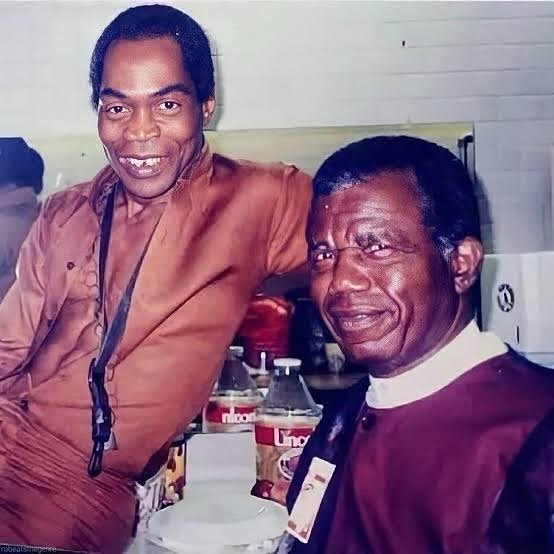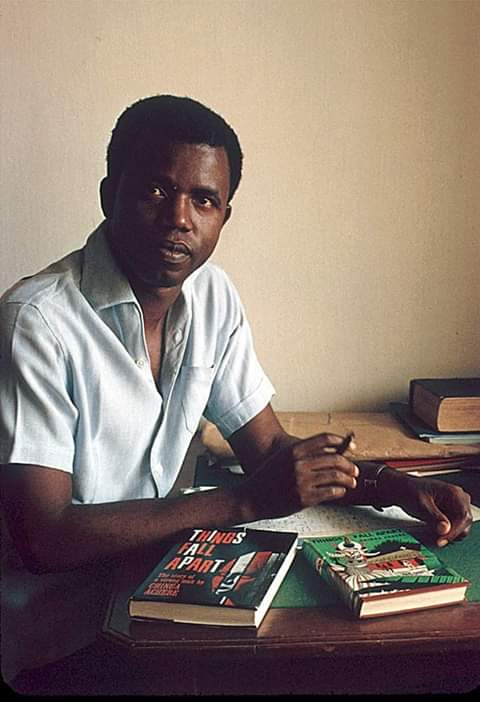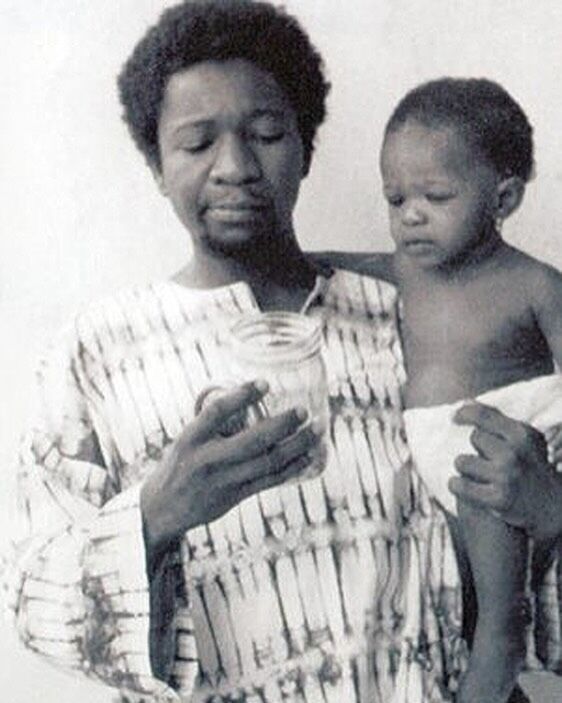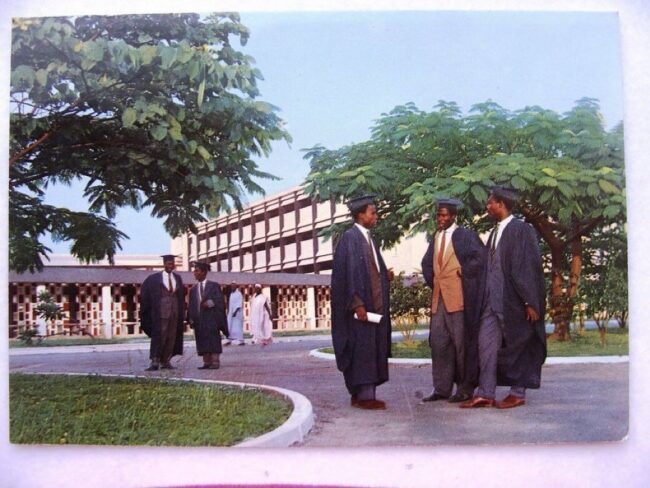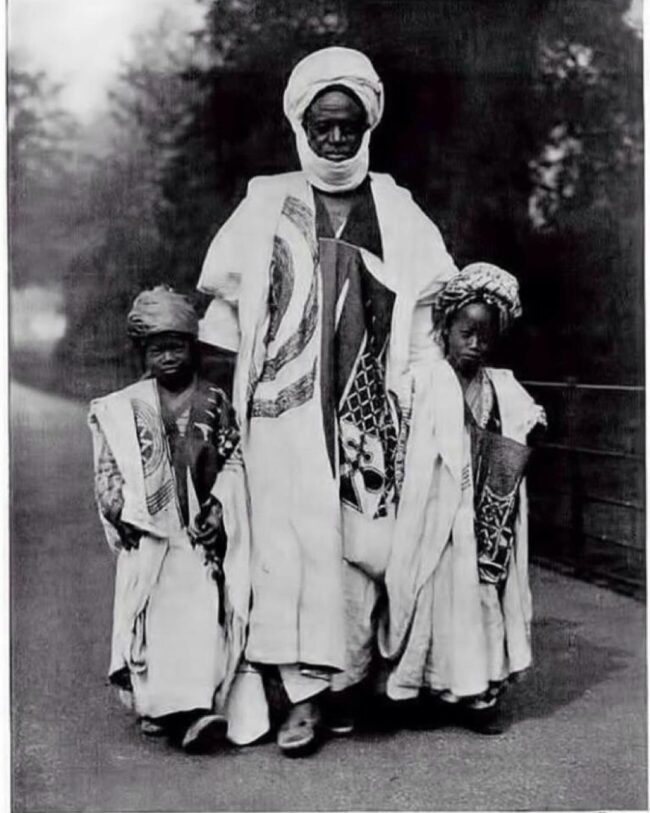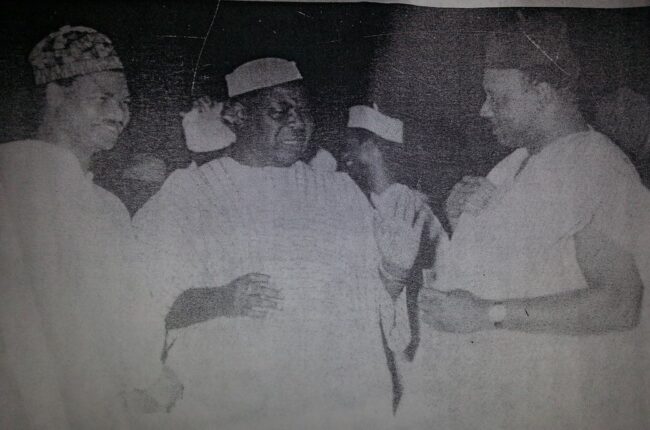Nigerian writer Chinua Achebe’s first book, Things Fall Apart, was originally released in 1958. It tells the story of what happened in pre-colonial Igboland, a cultural region in southeast Nigeria today, and how European missionaries and colonial armies arrived there in the late 1800s. It is regarded as the quintessential English-language modern African novel and one of the first to be widely praised by critics worldwide. It is a required text in classrooms all across Africa and is studied extensively in nations where English is the primary language. The book was the first of William Heinemann Ltd.’s African Writers Series to be published when it was originally released in the United Kingdom in 1958. The story revolves around Okonkwo, a powerful chief of the fictional Umuofia Igbo clan (referred to as “Ibo” in the book). He is a local wrestling champion and a feared warrior, among other things. The book is divided into three sections. The first portion covers his background, family, violent outward appearance, tormented inner self, and Igbo customs and society. The impact of Christian missionaries and European colonization on Okonkwo, his family, and the larger Igbo community is discussed in the second and third portions. No Longer at Ease (1960), the sequel to Things Fall Apart, was initially intended as the second half of a greater piece alongside Arrow of God (1964). Even though they do not include Okonkwo’s descendants, Achebe claims that his two later novels, A Man of the People (1966) and Anthills of the Savannah (1987), are spiritual successors to the earlier works that chronicle African history.

